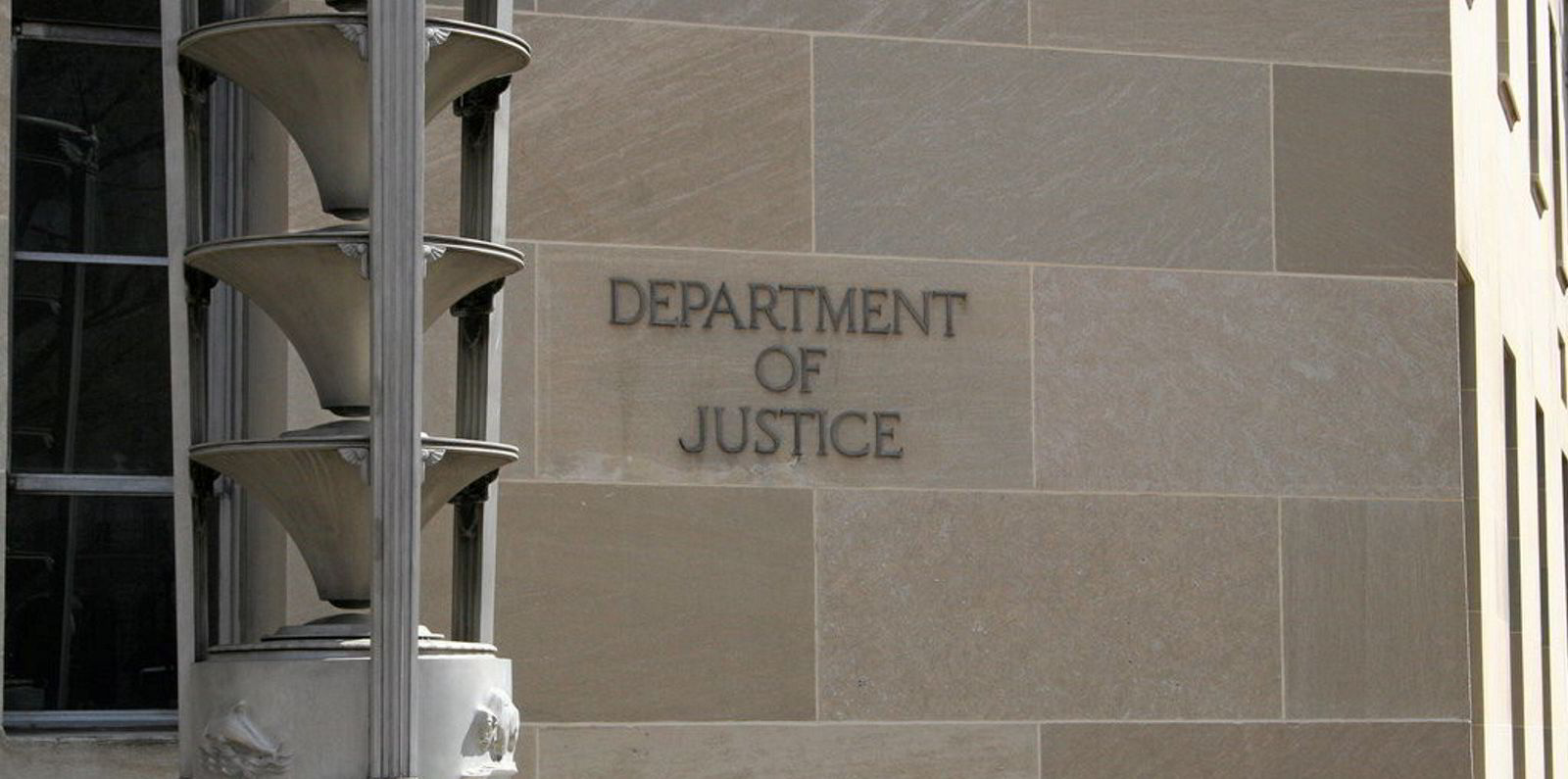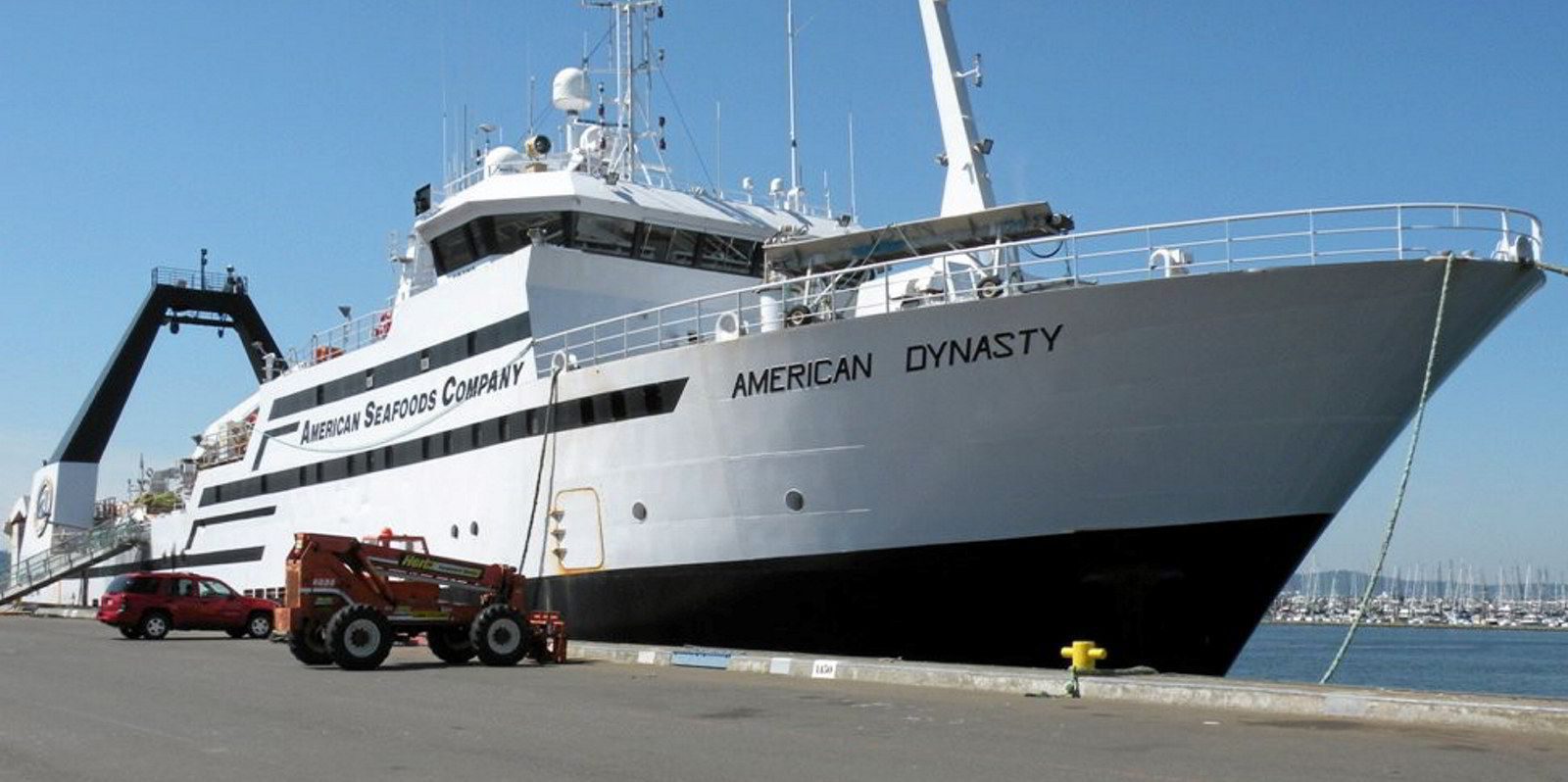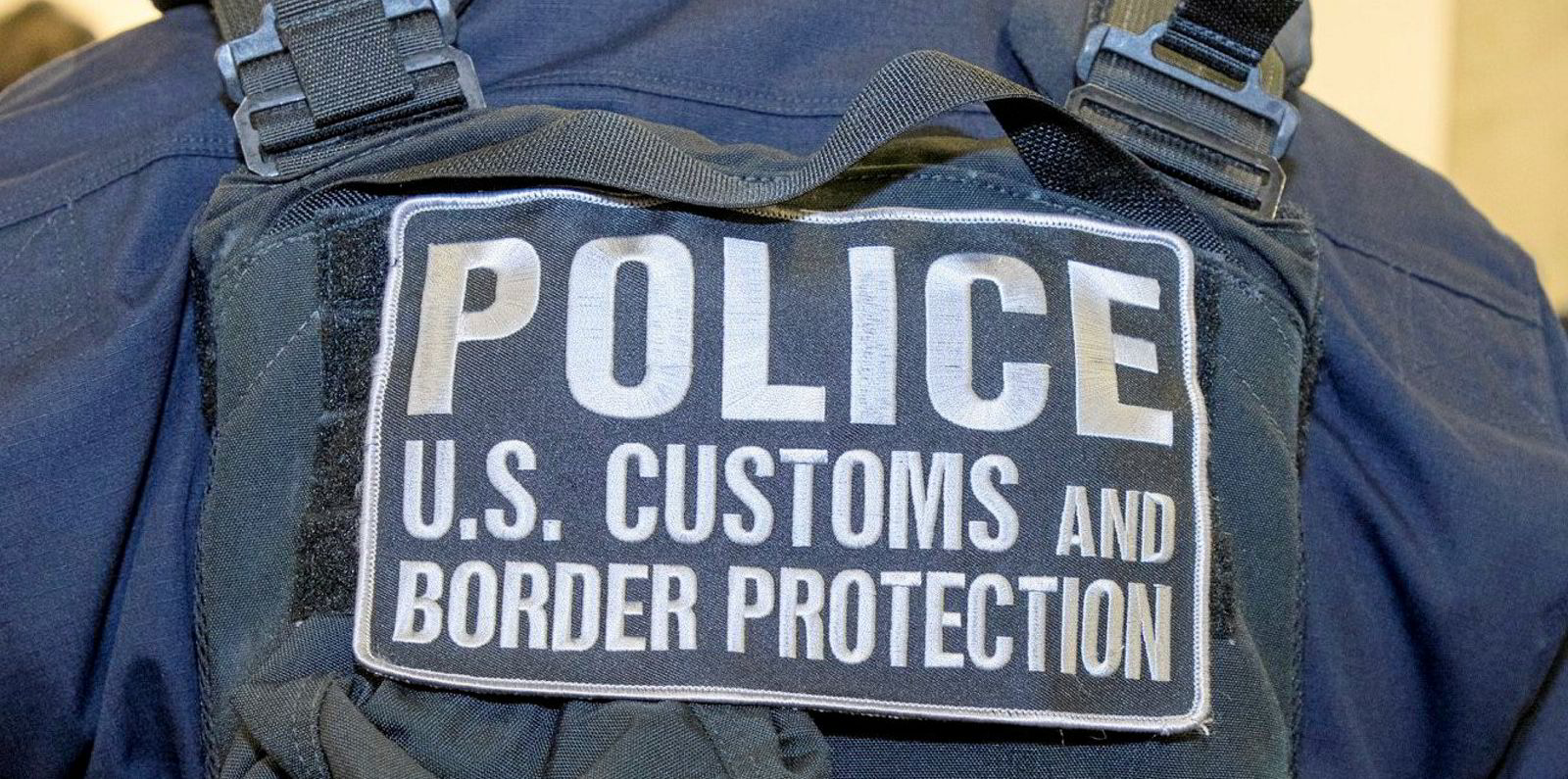UPDATE: An earlier story reported Judge Sharon Gleason had approved the injunction. The story was published in error. The order for the injunction has not been granted, and Judge Gleason has not issued her opinion on the case as of Monday afternoon, Sept. 20.
Attorneys for American Seafoods subsidiaries Kloosterboer International Forwarding and Alaska Reefer Management have removed their request for a temporary restraining order to stop a CBP enforcement action, and are now requesting only a preliminary injunction that would stop the company from accruing any new fines, according to court documents filed Monday.
Lawyers for New York-based law firm Kasowitz Benson Torres -- which has notoriously gone to bat for former US President Donald Trump over sexual harassment and Russian collusion allegations -- heatedly argued over a phone line to Alaska District Judge Sharon Gleason on Sept. 17 that American Seafoods' Kloosterboer International Forwarding and Alaska Reefer Management remained within the law regarding their unusual transportation measures -- dubbed The Bayside Program -- and that the US government is largely overstepping its constitutional boundaries in terms of penalties.
The CBP claims American Seafoods, through its use of the Bayside Canadian Railway (BCR), gave its frozen fish a short pro-forma ride on a Canadian rail track to nowhere, then trucked it over the US border to take advantage of the so-called "Third Proviso of the Jones Act," a loophole in the US cabotage regime that was meant to allow using cross-Canada rail links.
Lawyers for the companies also included in their filing Monday new evidence from Christy McManus, a former employee with Kloosterboer Bayside Cold Storage who said she worked for the company between 2010 and 2015. She alleges while employed at the storage company, which is adjacent to the Bayside Canadian Railway (BCR), that "CBP officers were on site before, during, and after" its construction.
In earlier filings to the court, the attorneys said CBP had known and approved of the trade all along, urging that a key part of the country's fisheries supply chain faces massive disruption.
Attorneys representing US Customs and Border Protection (CBP) countered in a court filing Monday the "new evidence" in regards to proof of the agency knowing the companies were using the Bayside Canadian Railway (BCR) was neither "timely or material." They said they would not respond to the evidence unless directed to do so by the court.
The CBP last month issued $350 million (€297 million) in fines related to a dispute with Alaska pollock producers and shipping firms over alleged Jones Act violations. The action has brought the US pollock trade to a standstill in high season with cold-chain warehouses brimming with fish that owners are afraid to move.
Attorney Marc Kasowitz, who led the presentation of American subsidiaries' case for a restraining order, told the judge Friday fines are now closer $400 million (€340 million), and noted that CBP was not "breathing a word" about its investigations, and that American filed 15,000 bills of lading in the past nine years that CBP would have had access to.
Kasowitz stated that the central argument in CBP's assertions -- that the 100-foot Bayside Canadian Railway (BCR) is not a "through route," as a result not qualifying for the Jones Act exemption -- is a fallacy.
"It may be a train to nowhere[...] but it gets to nowhere a heck of a lot quicker, a heck of a lot less expensively, and a heck of a lot more environmentally friendly."
Kasowitz highlighted the byzantine nature of the Bayside shipments, displaying court filings showing the route (download the document here in pdf).
He argued "the only reason for this rigmarole is to put the fish on the Canadian rail line as part of the transportation route," in order to satisfy a provision of the Jones Act, which regulates US maritime transportation.
Kasowitz pointed out that if not able to use a "rail" system that allows the companies to truck products six miles to the Border in Maine from their stop in Eastern Canada, the companies "must have fish trucked a total of 160 miles and an additional 90 miles by rail," to satisfy requirements for using a foreign vessel to ship Alaska seafood from Alaska's Dutch Harbor.
Representing the US government, US Assistant DOJ Attorney Seth Beausang told the court the BCR clearly does not meet any of the guidelines for a "through route," which he said is a "transportation of connected lines."
"It doesn’t to connect anything[...]it just goes back and forth," he said.
He added the companies seem to seek "permanent immunity" from ever having to pay a penalty for flouting the statute, and that for over a month the plaintiffs have done nothing to work with the CBP to try to resolve the issue.
He noted the Jones Act is about encouraging American companies to use US vessels and is not in place to make it more convenient for companies to use foreign fishing vessels.
Time pressure
Time is of the essence for American Seafoods and the customers it supplies with Alaska pollock, American Seafoods Company President Inge Andreassen said in court documents filed earlier this week.
Andreassen warned that approximately 1.5 million pounds of pollock will be overdue for delivery to customers by end of September, and approximately 3 million pounds is likely at risk for October requirements.
Meanwhile, "plans are unknown at present" for several million pounds due for delivery in November and December, he cautioned.
On Friday, Per Brautaset, president of Alaska Reefer Management, said a ruling in favor of the restraining order "will allow us to immediately resume trucking fish from the cold storage facility in Bayside without the threat of further Customs fines."
Kloosterboer International Forwarding Director of Logistics & Operations Jennifer Adamski also expressed hope Gleason would side with American Seafoods, noting that 26 million pounds of fish is currently in cold storage in Bayside.
Gleason acknowledged that a decision was needed swiftly, but a clerk with her office would only say that she would make her decision "in due course."
The Bayside Program is a transportation route American Seafoods developed using an exemption to the Jones Act.
Under the program, Alaska Reefer Management (ARM), Kloosterboer International Forwarding (KIF) and Kloosterboer Dutch Harbor (KDH) -- all American Seafoods subsidiaries -- move fish stored in Dutch Harbor, Alaska onto foreign-built or owned vessels, which then transport the fish through the Panama Canal to the group's Kloosterboer Bayside facility in New Brunswick, Canada.
By law, the fish are supposed to be transported over the Canada-US border to customers along the US East Coast using “through routes" over Canadian rail lines.
Prior to 2012, the seafood companies utilized the New Brunswick Southern Railway (NBSR) as a through route over Canadian rail lines to ship their product from New Brunswick to Maine and other destinations in the United States.
The current dispute stems from a change American Seafoods and others made in 2012. Instead of using an established Canadian railway that would transport their product from one destination to another, they utilized a specially-built mini-railtrack, approximately 100 feet in length.
Fish loaded in trailers travels the length of the track and back, after which the product is driven by truck to the United States.
This special railway, called the Bayside Canadian Railway, is utilized for the “transportation” of their product over a “through route.”
CBP disagrees and says the mini-train is not a "through route" which means the companies are allegedly violating an exemption in the Jones Act.






